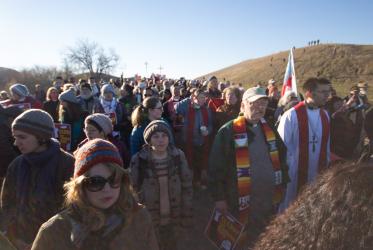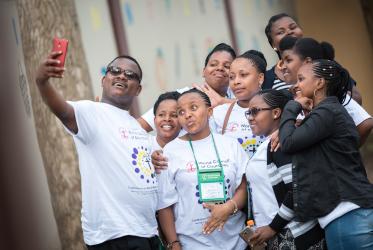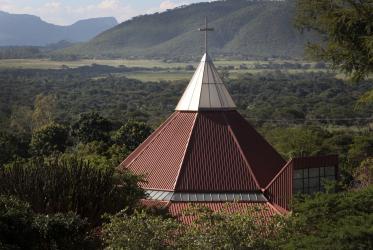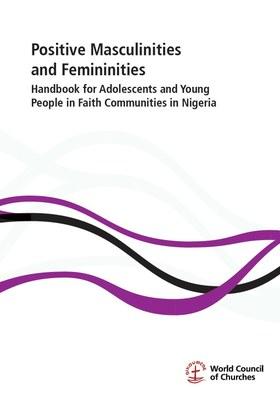Displaying 101 - 120 of 296
Webinar will “read the signs of the times” as COVID-19 pandemic stretches into one year
15 March 2021
https://www.oikoumene.org/live
World Social Forum convenes to “express and practice solidarity”
28 January 2021
WCC mourns passing of Hendrew Lusey-Gekawaku
23 October 2020
Positive Masculinities and Femininities
Handbook for Adolescents and Young People in Faith Communities in Nigeria
19 October 2020
Healing Together
A Facilitator’s Resource for Ecumenical Faith and Community-Based Counselling
15 October 2020












